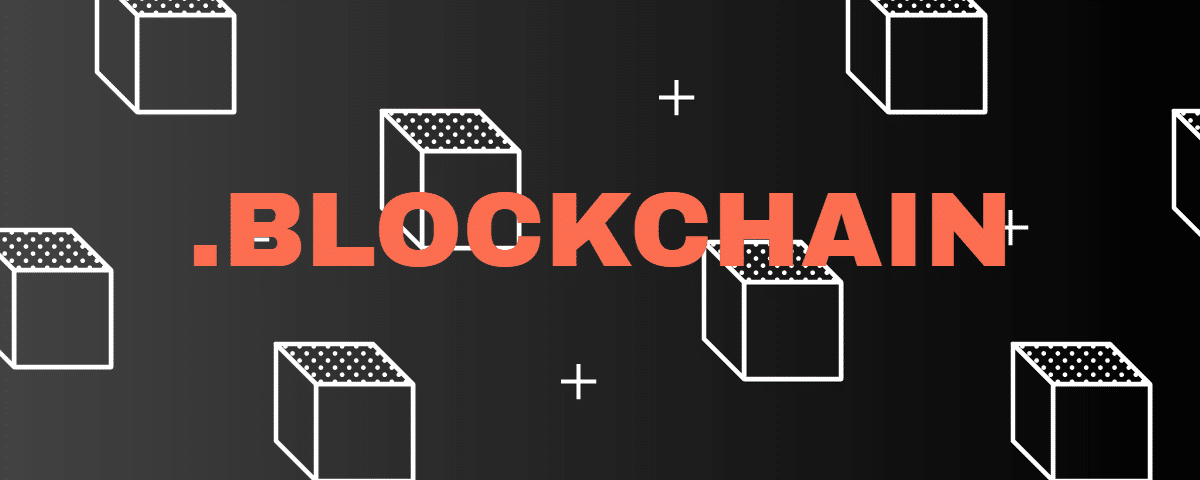[ad_1]
It will take a lot to overcome the challenges of previous alt-root naming attempts.

Right now, there’s a lot of talk about blockchain-based, decentralized naming systems.
The pitch for blockchain-based domains usually covers two things.
First, these domains can be used as easy-to-remember wallet addresses. Much like how domain names are easier to remember than IP addresses, blockchain domains are easier to remember than a long wallet address. They can also be used as your “web3 username”. This makes sense. But since you probably don’t advertise your wallet address, perhaps we should compare this to someone remembering your email address with a domain name rather than digits.
The other key selling point is that these domains can’t be censored because they are decentralized.
I’m less sold on this pitch for a couple of reasons. First, how many people out there are having their domain names or websites censored? Not that many.
I think we’d see a lot more of these sites on the dark web where they can’t be censored.
Oh, but it’s hard to find sites on the dark web? Well, that’s the main drawback to blockchain-based domains for websites. People have to use special plugins or niche browsers to access them. We’ve seen plenty of alt-root domains come and go, and they’ve all failed not because people don’t like the extensions but because creating a site on a domain few people can access is futile.
There’s a reason things are somewhat centralized. You might not like this, but going the extreme opposite of decentralized has its drawbacks.
A discussion about blockchain domains usually covers three competing standards/companies: Handshake, Unstoppable Domains, and Ethereum Name Service.
Handshake is an interesting play. It’s decentralized at the top level, so some companies and people have created top level domains in Handshake that they offer as second level domains to other people. Which…kind of defeats the point because it’s not decentralized at the second level. Namecheap is selling Handshake domains like .creator, .oo, and .p. You’ll pay around $15-$35/year for these domains. So you are getting a blockchain-based domain that you’ll pay renewal fees on, and hardly anyone can access it. Another challenge is that with so many top level domains, none will gain general recognition and it will be harder for people to recognize them. This has been a problem with the new TLDs that came out nearly a decade ago.
Unstoppable Domains is a venture-backed company with an approach most like previous alt-root players. It has created extensions like .crypto, .wallet and .nft. The biggest issue with this model comes along when the next round of main-root top level domains is launched. You can bet that multiple companies will apply for these popular extensions, thereby creating name collisions. And while Unstoppable thinks it has an approach to win these “real” domains based on trademarks, history tells us this won’t be enough. So unless it comes up with the 9 figures that will probably be necessary to win these domains at ICANN, it’s going to have a bunch of upset customers down the line. (Someone typed in my domain name and went to another website!)
Ethereum Name Service (ENS) is the most interesting to me. The organization created .eth and stopped there. Rather than introducing new extensions, it decided to add functionality to work with existing main-root TLDs. So if I register example.com, I can use this as a wallet address and people can actually visit my website. Sort of the best of both worlds, despite a few technical hiccups. One hiccup is the gas fees required to claim a name or even change your nameserver. Imagine if your registrar charged you every time you switched nameservers! ENS is working on solutions, but it’s just one example of the challenges of operating a decentralized namespace.
One big thing ENS has going for it is name recognition. I’ve started seeing many people in the blockchain space change their Twitter names to example.eth. It’s kind of like the laser eyes of a year ago. It’s this sort of recognition that helped Bored Apes take off. So it’s a nice signal and creates buzz. That is, of course, not enough to ensure its long-term success. But I think, overall, ENS is the most pragmatic of the three options I’ve written about.
I’m sure many people will disagree with this analysis. I welcome your input, especially about how these new naming conventions can overcome their challenges.
[ad_2]




